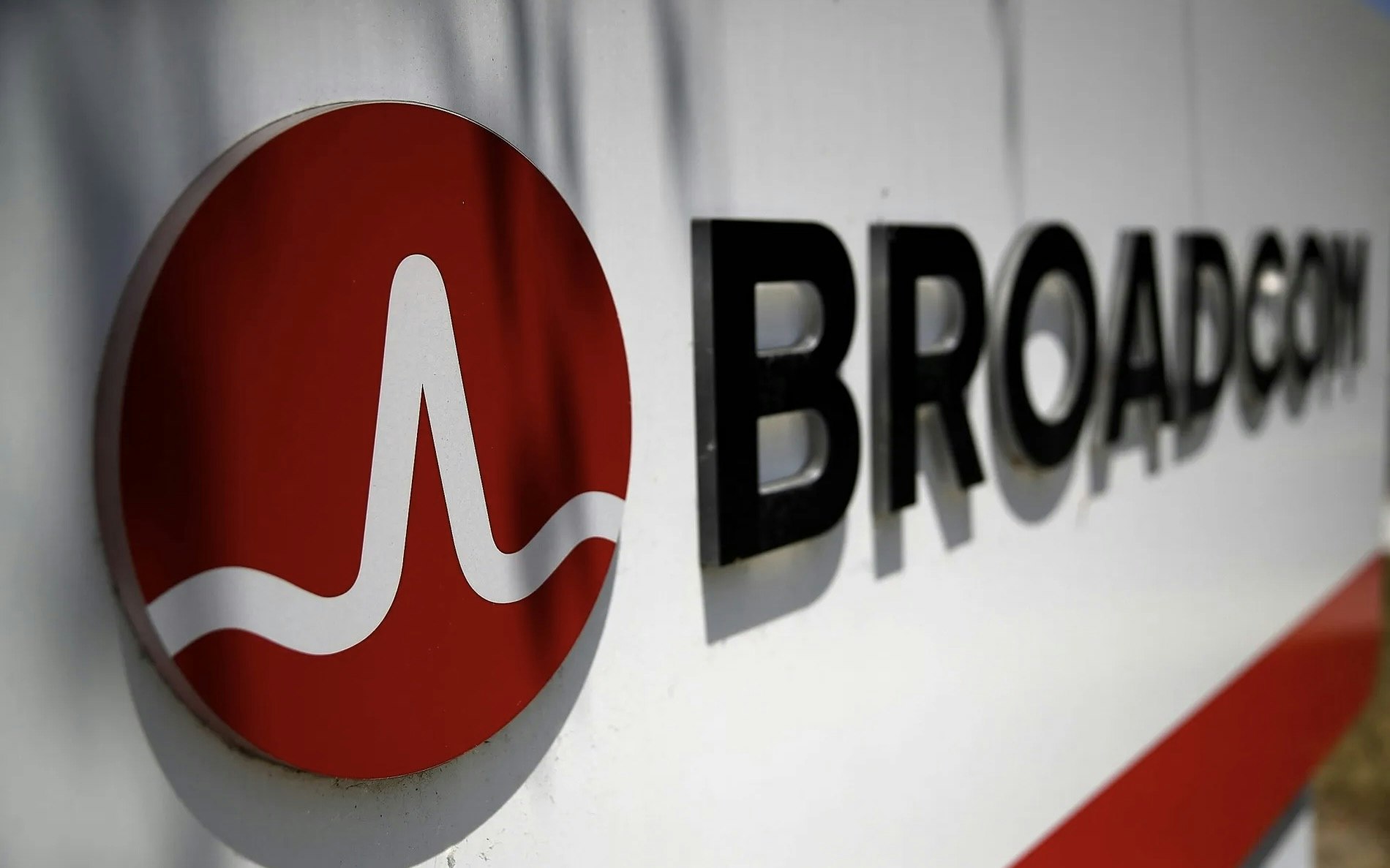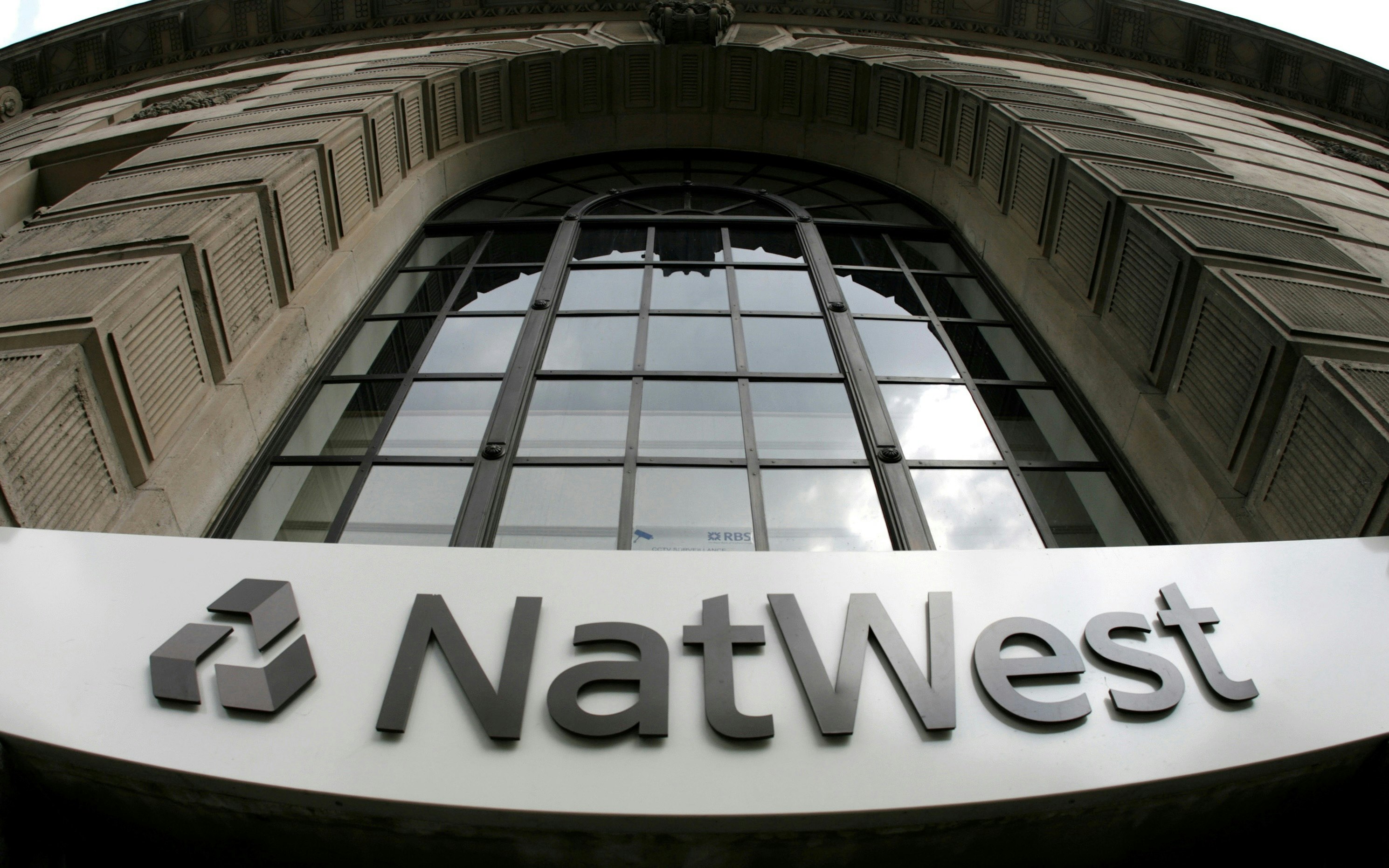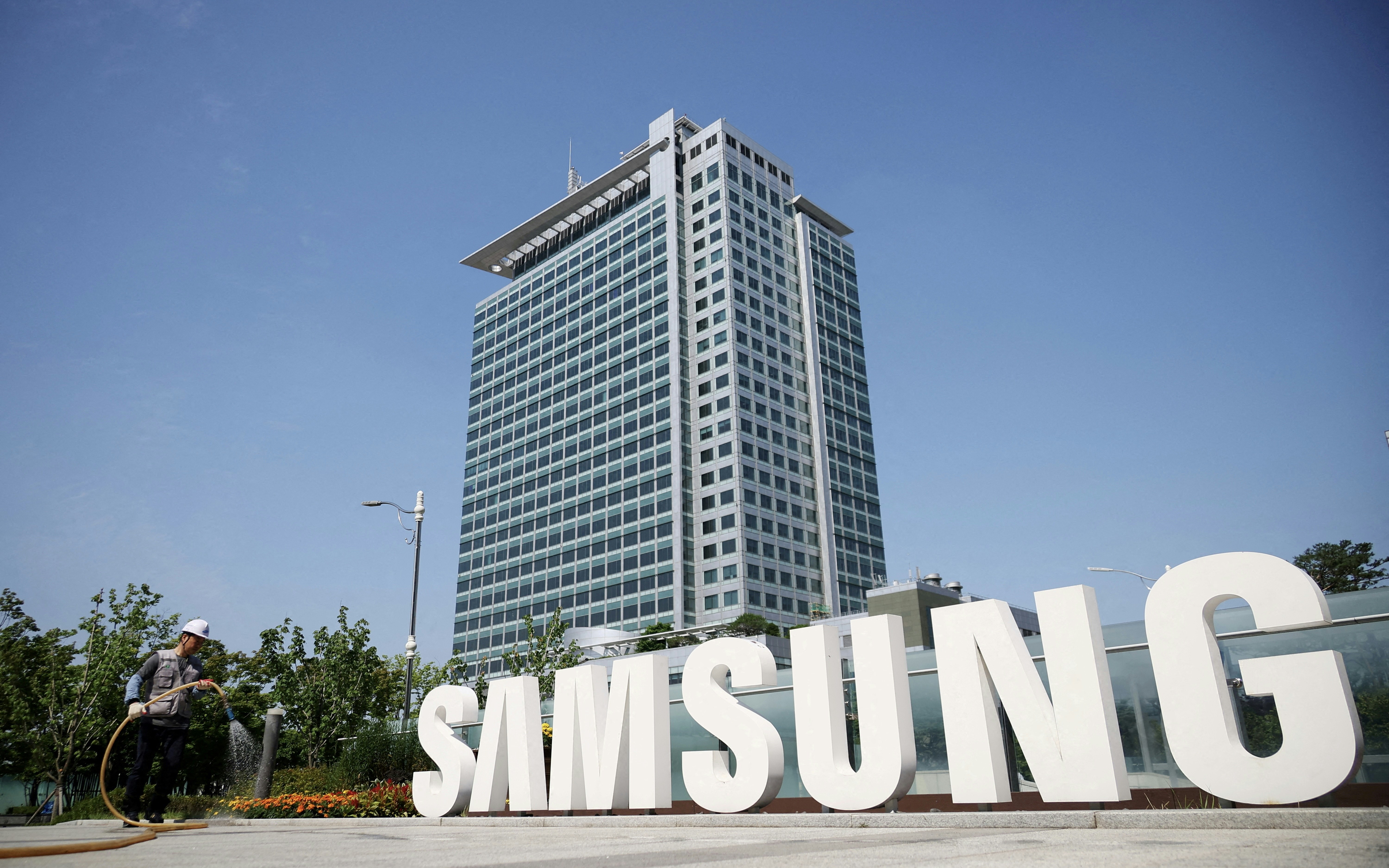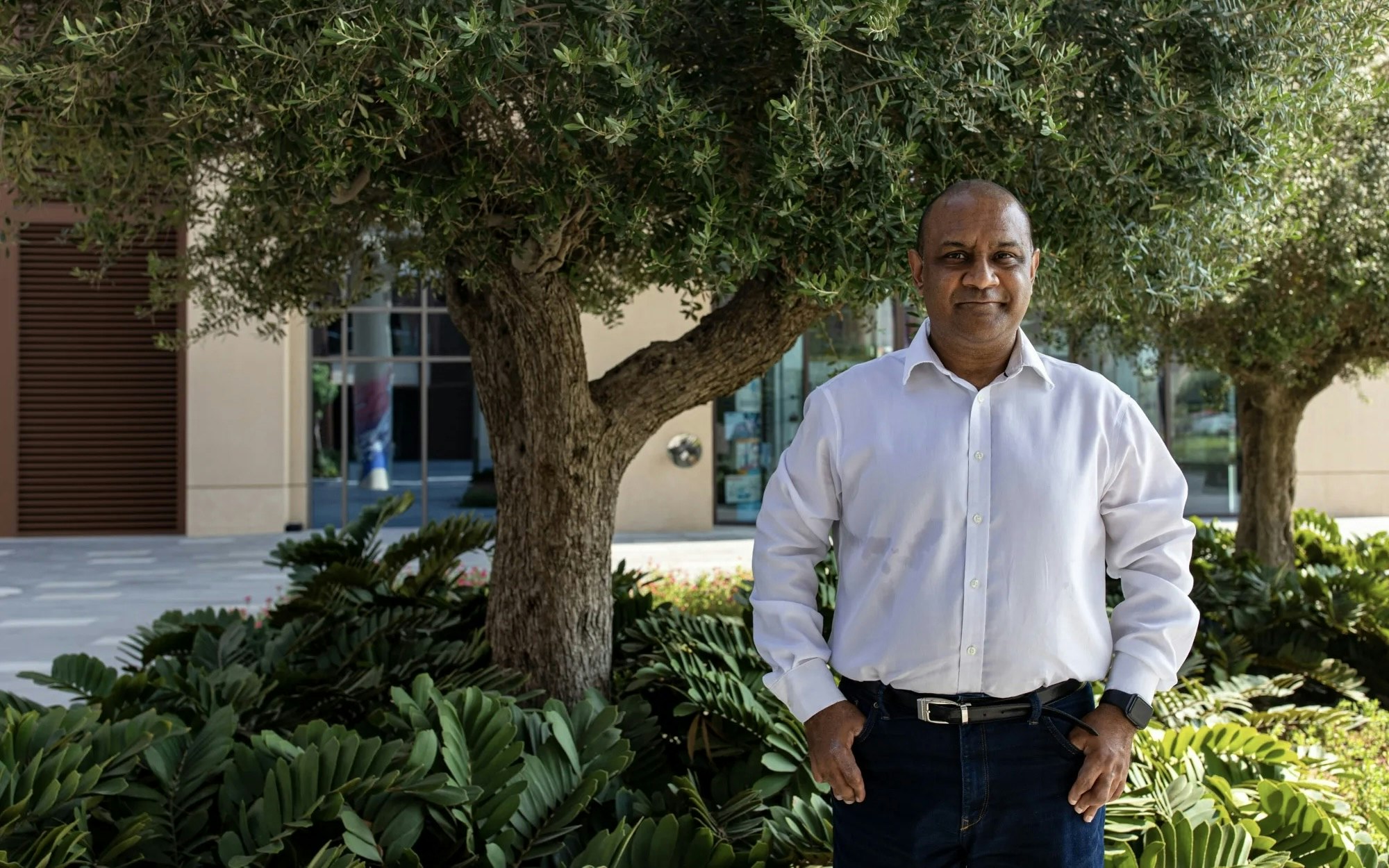Toyota has set a milestone in U.S. electric vehicle production with its new battery plant in Greensboro, North Carolina.
The plant in North Carolina, which will begin producing batteries for hybrid vehicles in the first quarter of 2025, is central to Toyota's plan to electrify the U.S. market. By the end of 2025, batteries for pure electric vehicles (EVs) are to follow, and in 2026, batteries for plug-in hybrids. A total of 14 production lines are planned, which are expected to create up to 5,000 jobs.
With a market share of nearly 60 percent for hybrids in the USA, Toyota is leading. However, the company has hesitated in transitioning to pure EVs, which will become necessary due to stricter US environmental regulations in the coming decade. Toyota plans to launch up to seven new EV models in the next two years and start producing EVs in the USA for the first time at a plant in Kentucky from 2026 onward.
This expansion is driven by President Biden's Inflation Reduction Act (IRA), which offers massive tax incentives for clean technologies. Toyota has benefited from this more than any other company. However, Trump has announced plans to eliminate these subsidies, even though they provide consumers with up to $7,500 in tax credits per vehicle. This could further strain the already weak EV sales in the U.S., which currently account for less than 10 percent of new car sales.
While nine of the ten states benefiting most from the IRA are Republican-leaning, Trump has signaled continued support for manufacturing jobs. However, experts warn that a rollback of environmental policies could curb the demand for EVs and renewable energies.
The decision for North Carolina follows a years-long strategy by the state to attract Japanese investments. Japan remains the largest foreign investor in the USA, with investments of 783.2 billion dollars in 2023. More than 200 Japanese companies employ over 30,000 people in North Carolina.
Christopher Chung, CEO of the state Economic Development Partnership of North Carolina, emphasizes the stability of the relationships: "Companies would not make such long-term investments if they were concerned about political risks." Fujifilm also recently invested $1.2 billion in the state, supported by the local government and a skilled workforce supply.
Despite political uncertainties, Toyota plans to stick to its electrification strategy. The company hopes to benefit from a growing decoupling of Western supply chains from China. Roy Cooper, Governor of North Carolina, remains optimistic: "The relations between the USA and Japan remain strong, regardless of the election results.







